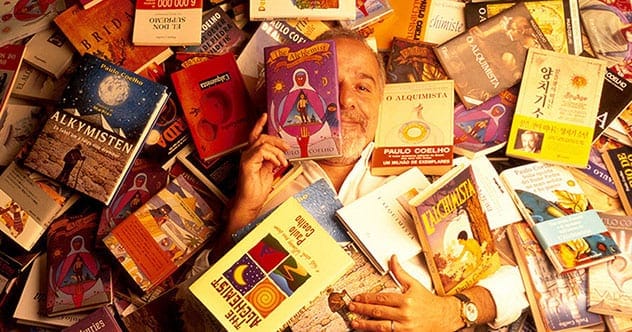Storytelling has been a fundamental aspect of human culture since the dawn of time. With the advent of writing, books became powerful tools for transmitting knowledge and wisdom across generations. Even with today’s abundance of audiovisual media, reading remains a popular form of entertainment and enlightenment. The best books often provide both.
Here are 10 life-changing books from various genres, times, and authors. Each one offers unique insights that, when applied mindfully, can profoundly impact your life. Whether you’re seeking inspiration or thought-provoking material, these books are excellent choices.
Talking to Strangers: What We Should Know About People We Don’t Know – Malcolm Gladwell
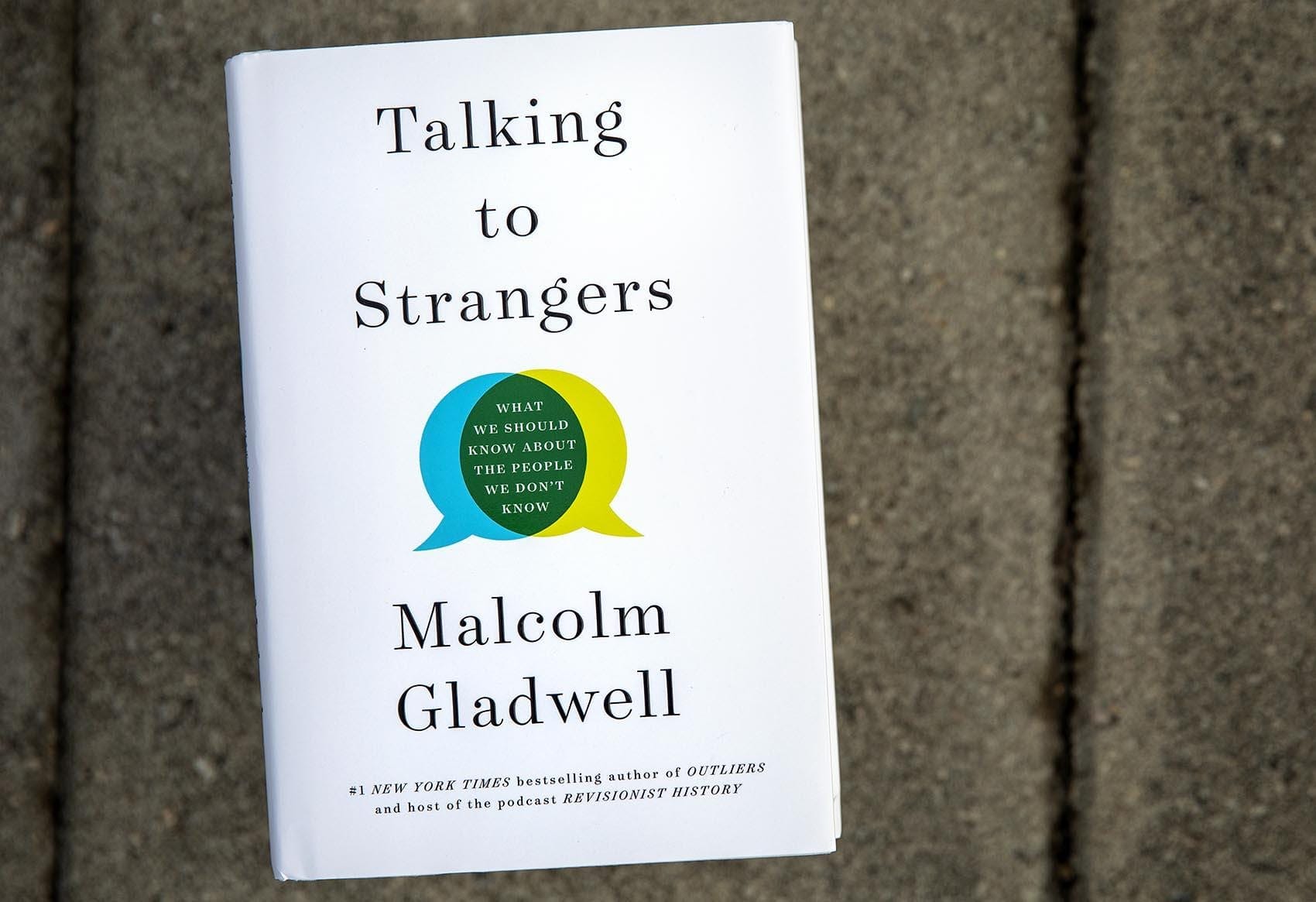
Malcolm Gladwell, a celebrated author and former New Yorker journalist, has captivated readers for two decades with his psychology-focused books. While The Tipping Point and Outliers are compelling reads, Talking to Strangers stands out due to its highly relevant subject matter.
Gladwell explores communication challenges and assesses assumptions we make when interacting with strangers. Our unspoken prejudices and preconceptions significantly influence our interactions. He broadens this perspective by examining real-world examples like police brutality and the Black Lives Matter movement, illustrating the pervasive impact of miscommunication. This book offers insight and promotes empathy, changing how you perceive others. [1]
The Shack – William P. Young
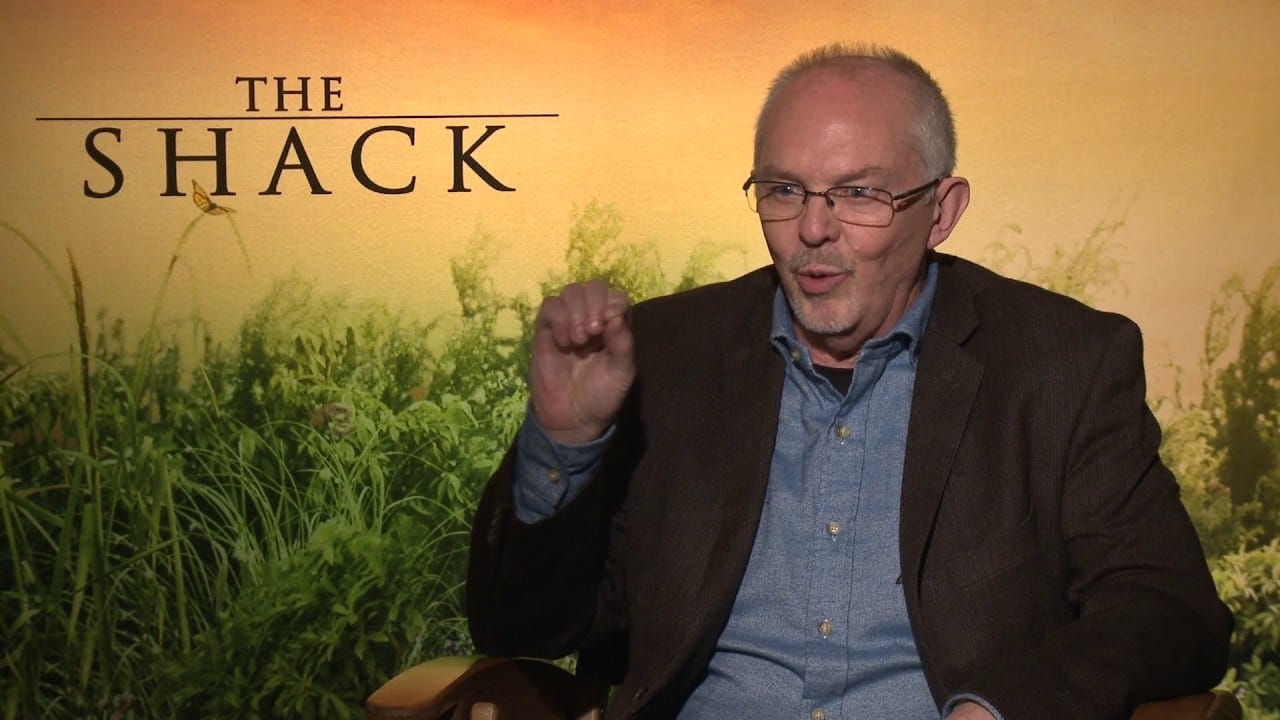
The Shack became a bestseller shortly after its 2007 release, earning considerable acclaim and sparking debate. The story follows a father’s journey and personal interactions with God as he grapples with the murder of his young daughter years prior. While some dismissed it as controversial due to its depiction of God and the Trinity, the book’s core message is powerful.
The essence of The Shack centers on forgiveness and reconciliation with the past. Even if you’re not religious, the themes resonate deeply. William P. Young’s allegorical tale explores facing internal struggles. The father’s emotional confrontation with his daughter’s killer encourages readers to reflect on their own capacity for forgiveness, leading to transformative introspection. [2]
The 4-Hour Workweek – Tim Ferriss
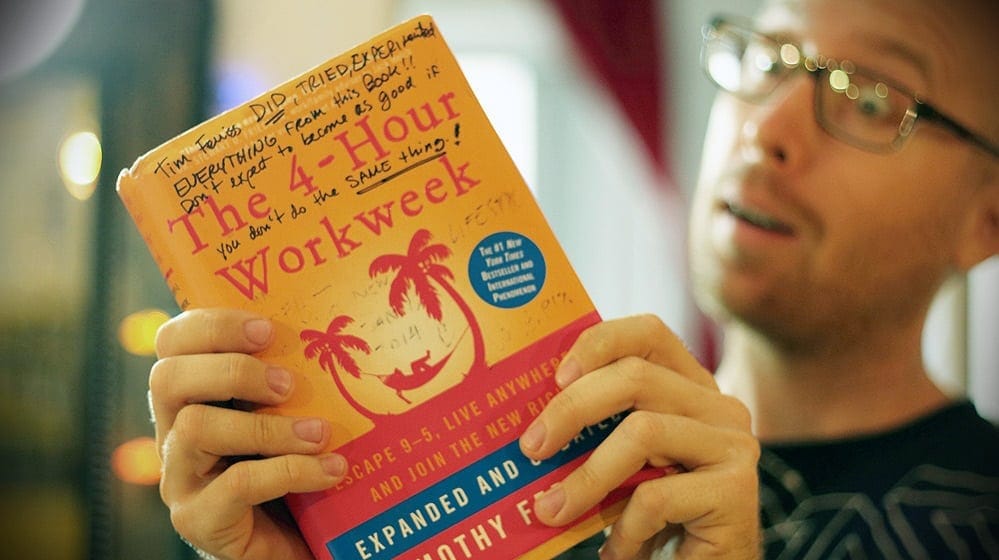
The title of The 4-Hour Workweek is instantly intriguing. Who wouldn’t want to earn a living while working just a few hours per week? That was Tim Ferriss’s promise, and the book became an instant success. Some readers may find the book more hype than substance, and they might be right.
Despite the appealing cover, this book doesn’t guarantee you’ll quit your job and become rich working only four hours a week. However, Ferriss delves into crucial issues of time management and lifestyle design. The societal constraints we accept are often self-imposed. The 4-Hour Workweek challenges traditional beliefs and encourages readers to break rules and push boundaries. These concepts apply broadly, as Ferriss demonstrated in his follow-up fitness book, The 4-Hour Body. [3]
The Alchemist – Paulo Coelho
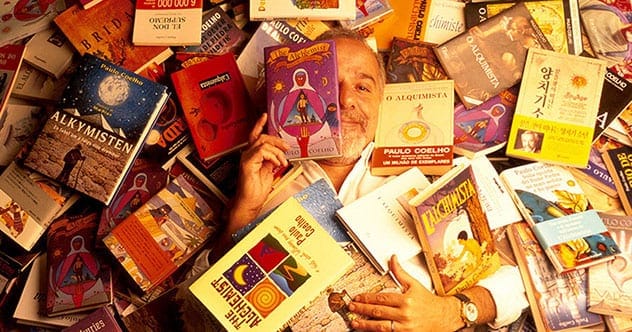
Paulo Coelho’s renowned story is full of wisdom embedded in the simple journey of an Andalucian shepherd boy seeking answers. Ultimately, he discovers that the answers lie within himself. The Alchemist’s profound message and eloquent prose have made it one of the most celebrated books of the last half-century.
Despite its popularity, some dismiss it as ‘cheap’ or ‘commercial.’ However, the spiritual lessons in the shepherd’s journey are universally relevant. Dismissing The Alchemist as mere fiction means overlooking its potential to offer profound wisdom and change your perspective on life. [4]
Freakanomics – Steven Levitt and Stephen J. Dubner
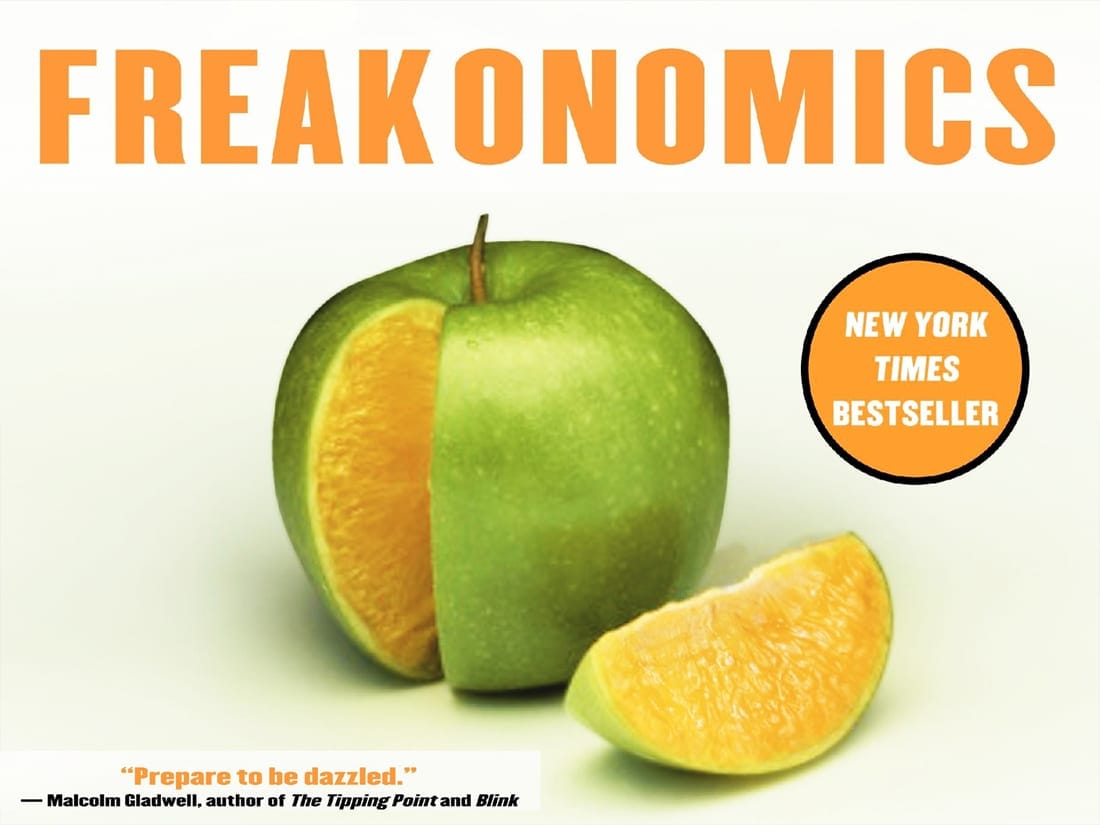
Freakonomics blends economics, statistics, and pop culture and has expanded into a franchise with lectures, a radio show, a movie, and a website. The book’s intriguing chapters, such as “How is the Ku Klux Klan like a group of real estate agents?” and “Why do drug dealers still live with their mothers?” deliver on its promise to explore the hidden side of everything.
The answers are rooted in statistical and economic analysis, providing startling insights. The core theme highlights how incentives drive human behavior. The examples in Freakonomics are entertaining, and the lessons can be applied to many facets of life, including relationships, workplace productivity, and even choosing a baby name. [5]
The Subtle Art of Not Giving a F*ck – Mark Manson
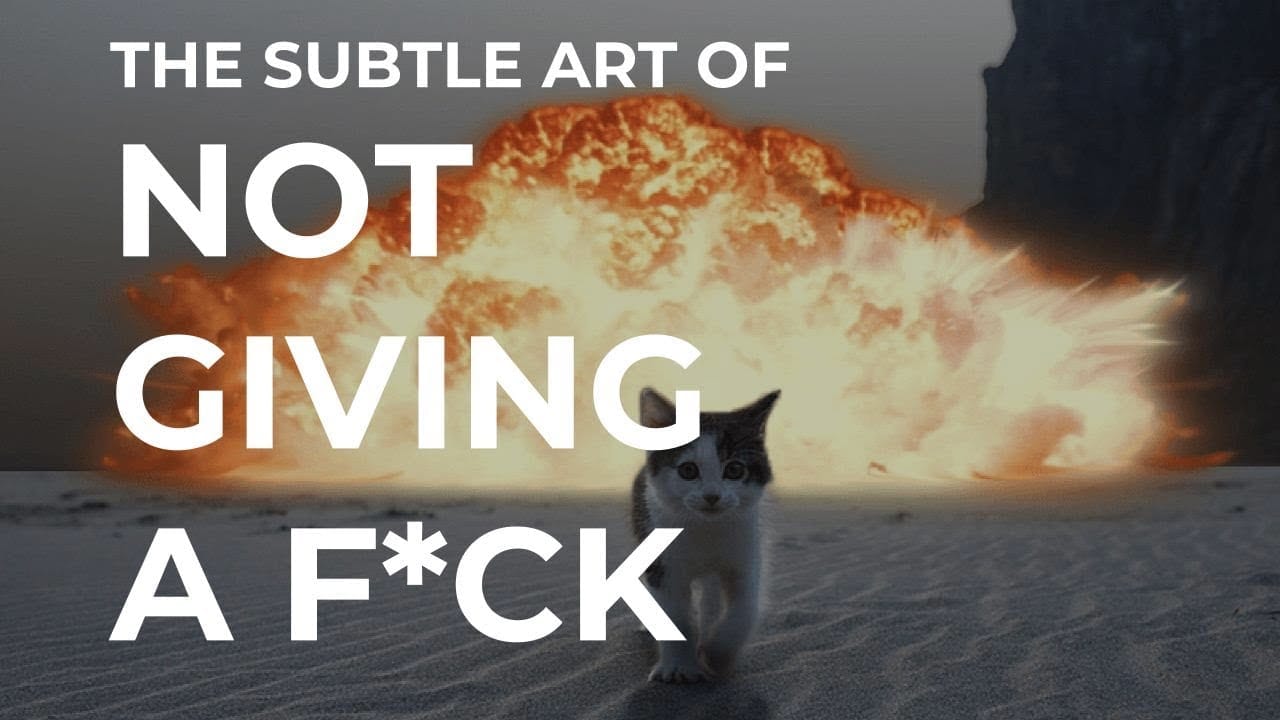
Mark Manson’s ‘anti-self-help’ book stands out in the crowded self-help market. From the title, readers know they are in for something different, and the powerful insights are well worth it.
The book suggests that people often prioritize the wrong things. Manson uses humor and anecdotes to illustrate the importance of ‘deciding on the appropriate and effective f*ck allocation’ for various situations. The Subtle Art is enjoyable to read and offers practical advice that can lead to immediate, positive changes in your life. [6]
The Prophet – Kahlil Gibran
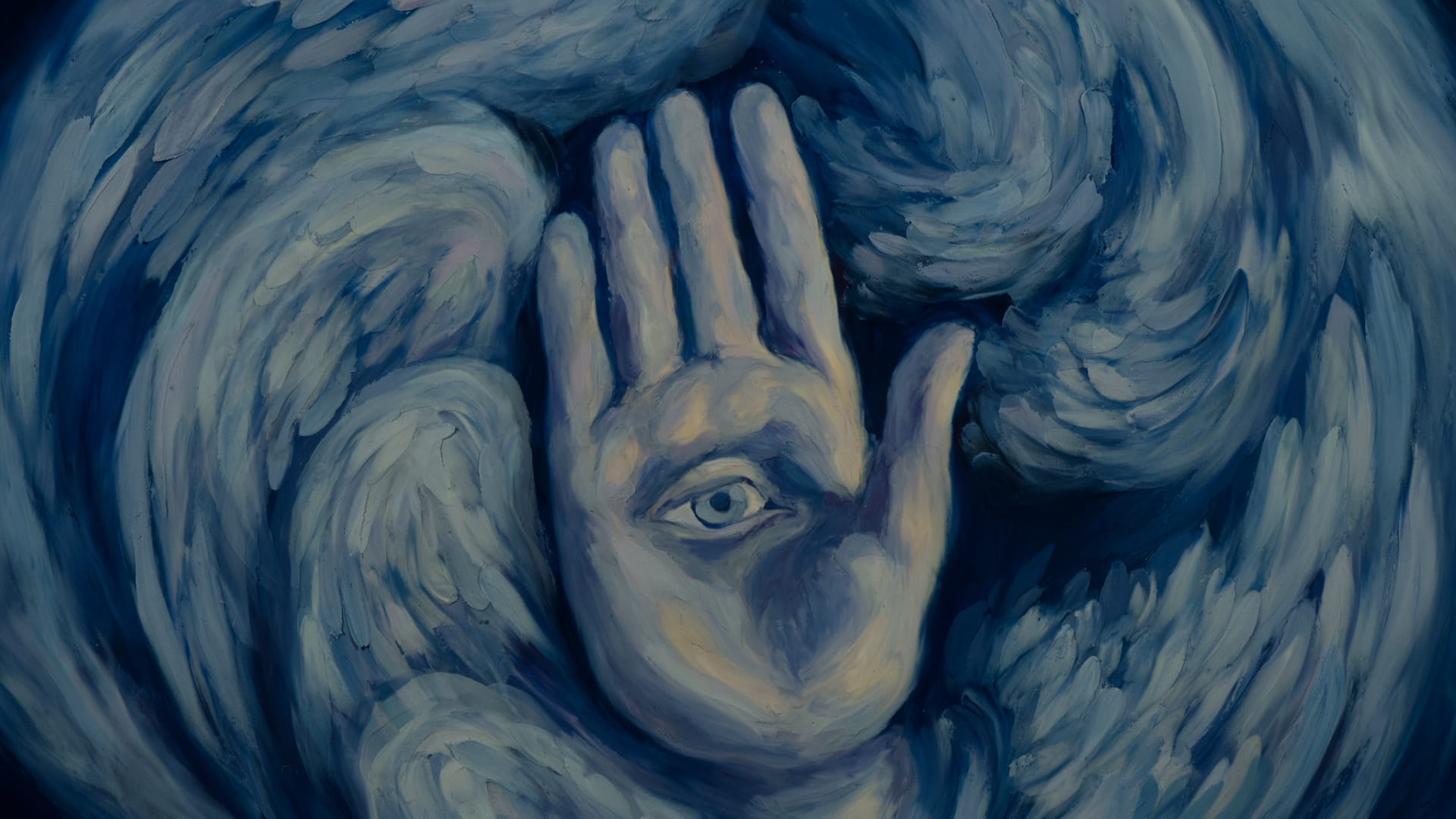
Published in 1923, Kahlil Gibran’s transformative collection of prose fables has remained in print, influencing figures like The Beatles, Indira Gandhi, and John F. Kennedy. Despite being somewhat overlooked by the Western literary establishment, it remains a powerful work.
Through 26 prose poems, Gibran tells the story of an old man imparting his knowledge to a crowd before returning home after years in exile. He addresses life, love, work, and death in a spiritual sense, without religious associations. The Prophet became a counter-culture symbol in the ‘60s, and its wisdom continues to resonate today. [7]
The Road Less Traveled – M. Scott Peck
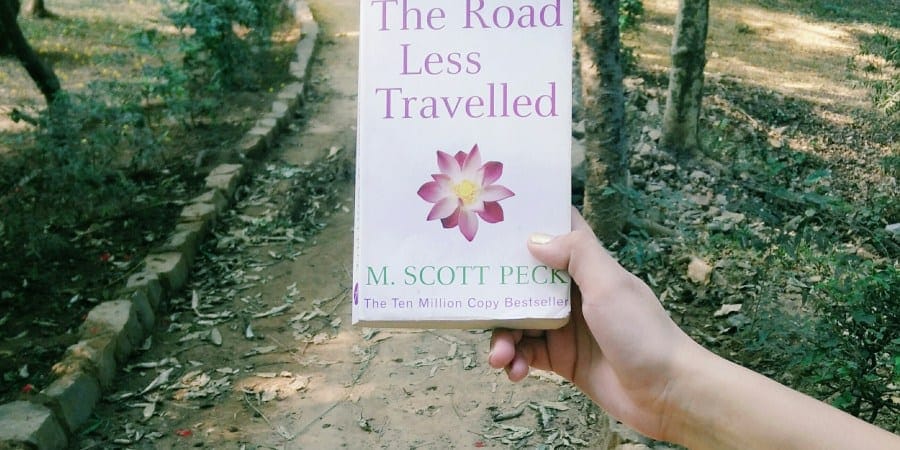
M. Scott Peck, a renowned American psychiatrist, explored the connections between psychotherapy and spirituality. His seminal book, The Road Less Traveled, has been on bestseller lists long enough to hold a Guinness World Record.
Beginning with the line, “Life is hard,” the book emphasizes that overcoming difficulties starts with acceptance. Peck examines topics like romantic love, evil, mental illness, and death, drawing on his own experiences to make his revelations profound. Reading this book encourages self-reflection, offering insights into why it remains relevant today. [8]
Rich Dad, Poor Dad – Robert Kiyosaki
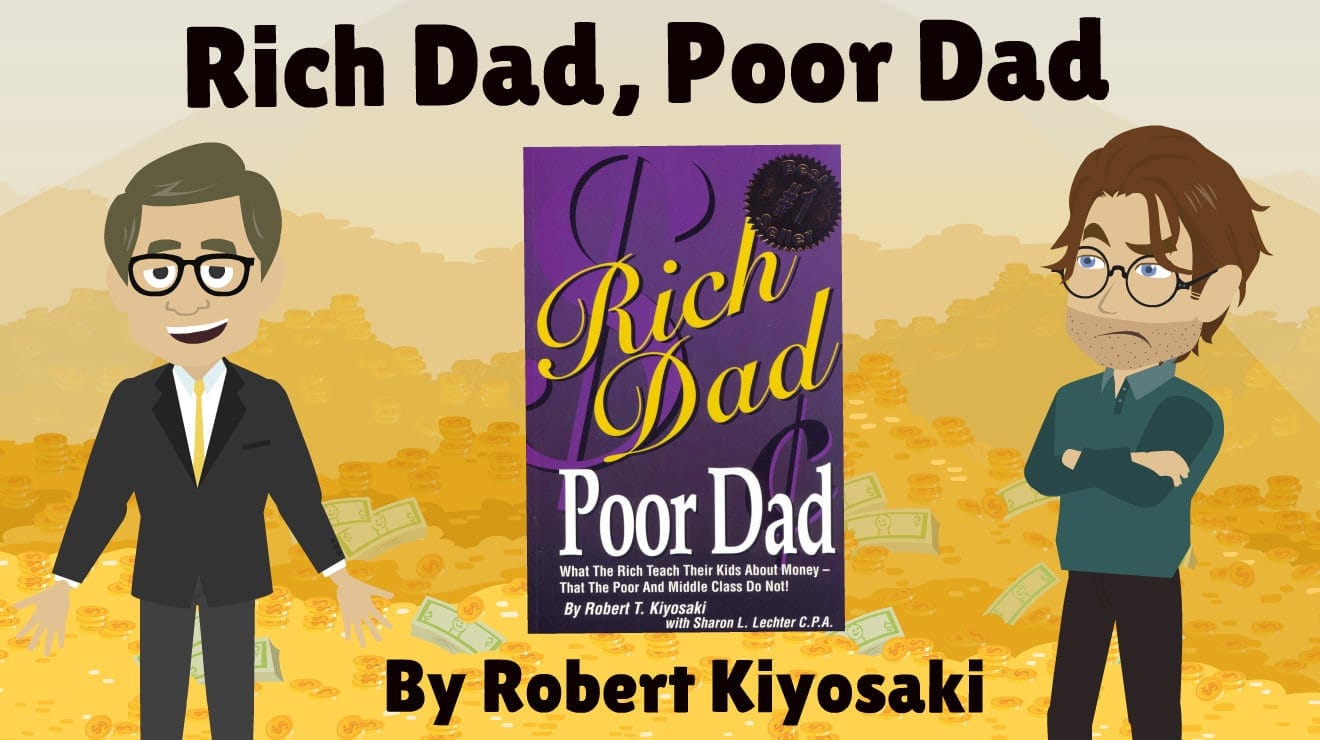
Financial health is as important as spiritual growth. Robert Kiyosaki’s Rich Dad, Poor Dad offers accessible financial advice that’s easy to understand and should be essential reading in schools.
Kiyosaki highlights a simple, profound principle: poor people work for money, while rich people make money work for them. He contrasts his ‘poor dad’ (his biological father) with his ‘rich dad’ (his mentor). By focusing on asset accumulation rather than debt, anyone can apply these invaluable insights regardless of their income or background. [9]
Flow: The Psychology of Optimal Experience – Mihaly Csikszentmihalyi
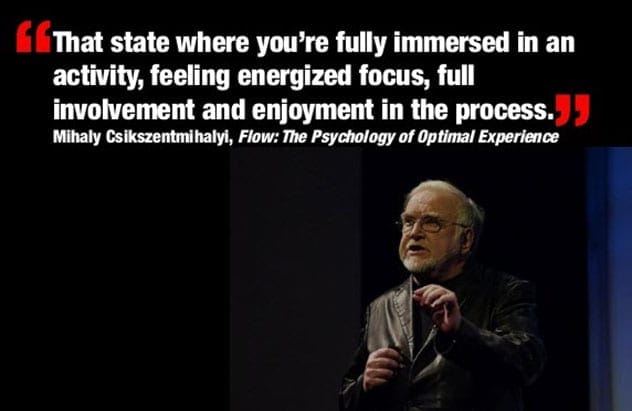
Despite its academic title, Mihaly Csikszentmihalyi’s Flow offers a groundbreaking psychological analysis of happiness. It explores the ‘flow-zone’ theory, suggesting that happiness lies in finding activities that perfectly match your skill level to the task’s difficulty.
In this state of ‘flow,’ time loses meaning, and distractions disappear. Attaining this blissful engagement requires self-awareness and realistic assessment of abilities. While money can’t buy happiness, investing in this book can provide a path to achieving it. [10]
These ten books offer unique perspectives and insights that can lead to profound personal growth. By exploring these works, you can gain valuable tools for navigating life’s challenges and achieving a more fulfilling existence.
Which of these books has impacted you the most? Leave your comment below and share your experiences!


